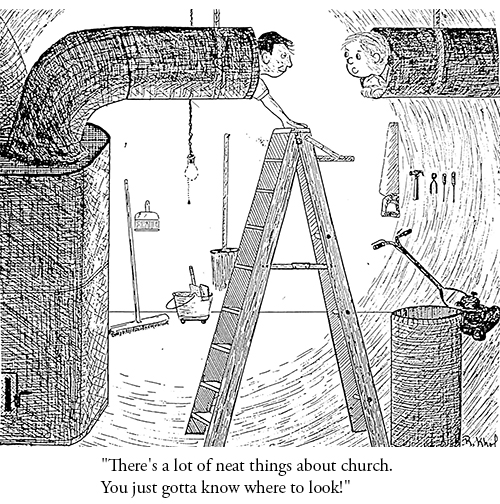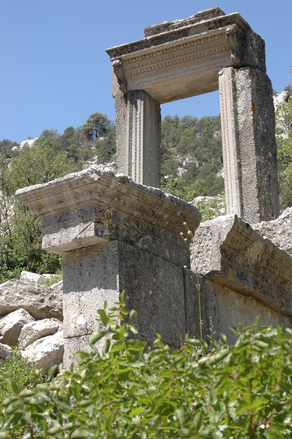And to the angel of the church in Philadelphia write, “These things says He who is holy,
He who is true, He who has the key of David, He who opens and no one shuts, and shuts and no one opens:
I know your works. See, I have set before you an open door, and no one can shut it;
for you have a little strength, have kept My word, and have not denied My name.”
Revelation 3:7-8
Many years ago, we brought into our home an eight-year-old foster son who had been labeled “severely emotionally disturbed.” The title was well-deserved because he had been abused in the past and would go into terrible rages.
During one such episode, he ran into his room and locked the door. Using a hammer from the tool set he got for his birthday, he began to pound holes into the walls and doors. I had a key and so soon opened the door and asked him to stop. Defiantly, he told me he’d use the hammer on me if I tried to touch him, so I quietly watched him trash his own room. After more than 200 holes in the door and drywall, he was exhausted and ready to stop. We talked through the initial problem, but damage was already done, for which there were natural consequences.
His hammer was now mine as partial compensation for property damage, and the walls weren’t repaired for about a year. However, the most significant result of his outburst was that the door came off and was never replaced.
When Christ addressed the church in Philadelphia, he called Himself He Who Opens and No One Shuts. Satan and worldly powers threw up every obstacle they could to stop the little church from sharing the gospel. They raged at the faithful Christians until they had no more energy left. Then, God quietly took the door off the hinges, and there was nothing more to say or do. The Philadelphians returned, sharing the good news with the world around them.
“Yes, and all who desire to live godly in Christ Jesus will suffer persecution” (2 Timothy 3:12). The enemies of God will try to slam the door of opportunity in the face of the faithful. But the Lord doesn’t just open a window; he knocks down a wall. After all, Jesus is He Who Opens and No One Shuts.
June 25









